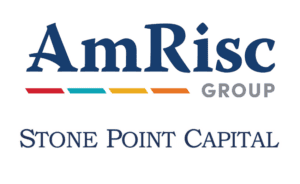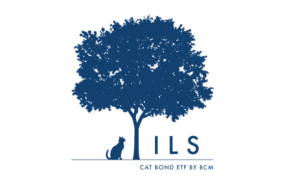Is USAA a good company?
Is USAA a good company?
USAA is a good insurance company that is rated 3.3/5 by WalletHub’s editors, based on customer reviews, insurance quotes, and ratings from third party organizations. USAA reviews from consumers often praise the company’s low prices, but there are reports of poor customer service and a slow claims process, too. 6 days ago
What is an example of liability insurance?
If you cause an accident that damages someone else’s property (their car, for example), property damage liability coverage helps pay for repairs. For example, if you rear-end another car, this coverage can help prevent you from paying out of pocket to repair the other driver’s vehicle.
What is a general liability insurance in business?
General liability insurance policies typically cover you and your company for claims involving bodily injuries and property damage resulting from your products, services or operations. It may also cover you if you are held liable for damages to your landlord’s property.
Why is liability insurance important to a business?
Business liability insurance protects a company’s assets and pays for legal obligations, such as medical costs incurred by a customer who gets hurt on store property, as well as any on-the-job injuries sustained by employees.
What are the 4 types of business insurance?
Types of Business Insurance General liability insurance. Commercial property insurance. Business income insurance.
What are the two types of liabilities?
Liabilities can be broken down into two main categories: current and noncurrent. Current liabilities are short-term debts that you pay within a year. Types of current liabilities include employee wages, utilities, supplies, and invoices. Oct 8, 2019
Is liability insurance an asset?
All insurance policies become an asset once the plan matures — that is, you have paid for it and are credited with a lump sum.
What is liability insurance risk?
A liability risk is a vulnerability that can cause a party to be held responsible for certain types of losses. Put another way, it is the risk that an individual or business will take an action that causes bodily injury, death, property damage, or financial loss to 3rd parties. Sep 15, 2020
What are the five types of general liability exposures?
Typical General Liability Insurance Claims A property damage lawsuit. For example, say you rent the building your restaurant is in. … A slip and fall incident. Say a customer slips and falls in your business after you mop the floor. … A product liability lawsuit. … A customer injury lawsuit. … An advertising lawsuit.
How many types of liability are there?
There are three primary types of liabilities: current, non-current, and contingent liabilities. Liabilities are legal obligations or debt. Capital stack ranks the priority of different sources of financing.
What is E & O insurance?
What is E&O insurance? E&O insurance is a kind of specialized liability protection against losses not covered by traditional liability insurance. It protects you and your business from claims if a client sues for negligent acts, errors or omissions committed during business activities that result in a financial loss.
Is business liability the same as general liability?
Both policies offer basic liability protection. A general liability policy and a BOP both protect your small business from premises liability, property damage liability, and advertising liability claims.
What is the difference between professional liability and general liability?
The main difference between general liability and professional liability is in the types of risks they each cover. General liability covers physical risks, such as bodily injuries and property damage. Professional liability covers more abstract risks, such as errors and omissions in the services your business provides.
Is business insurance a liability or asset?
Insurance expense does not go on the balance sheet because it reflects a specific amount you have spent, rather than an asset or liability at a particular moment in time.
Does every company need liability insurance?
There’s only one policy you’re legally required to have as a small business, and that’s employers’ liability insurance (EL). EL covers your business in the event that one of your staff members claims they’ve suffered an illness or injury as a result of working for you. Apr 30, 2019





